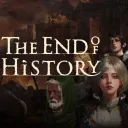The Controversy of Censorship: Redefining Deku in the Arabic Adaptation of My Hero Academia
Nov-18-2024
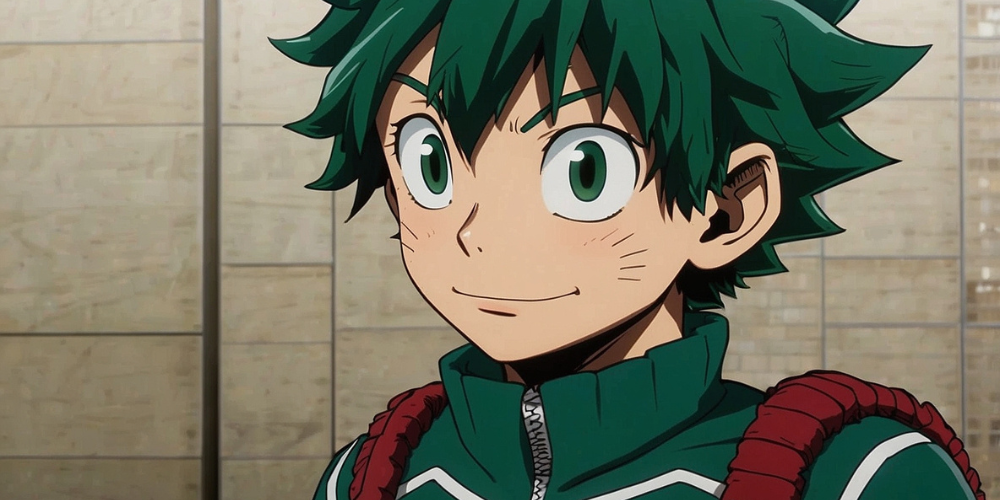
Within the ever-evolving realm of anime and manga, few narratives have captivated audiences quite like My Hero Academia. Created by Kohei Horikoshi, this series has evolved into a phenomenon, amassing a dedicated following over its ten-year run. Every character, from the heroic Deku to the sinister villains, is celebrated for their distinct designs and compelling story arcs. Yet, as with any international media, adaptations and alterations can lead to unexpected outcomes. One such instance has sparked an uproar among fans: the Arabic rendition of Deku’s character. This new interpretation has not only changed how audiences perceive the protagonist but has also altered the very essence of what makes him relatable and beloved. Let’s dive deep into this controversy stemming from a seemingly innocuous adaptation decision.
Deku's Evolution Through the Series
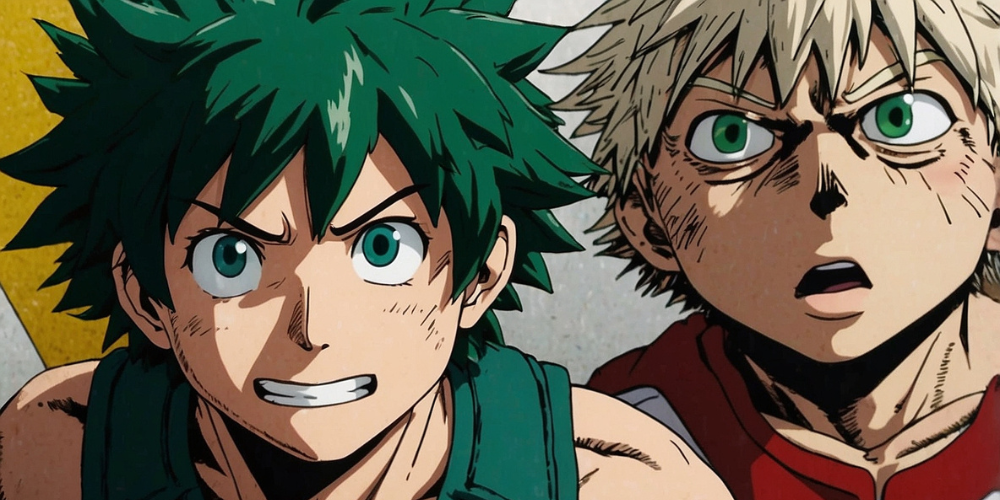
Izuku Midoriya, known affectionately as Deku, symbolizes dreams and aspirations. Beginning as a quirkless boy yearning to become a hero, he showcases relentless determination. As the series progressed, he evolved—both in skills and character depth. Horikoshi's masterful storytelling captures the essence of struggle, ambition, and resilience through Deku's journey.
The Impact of Visual Storytelling
One of the most potent aspects of My Hero Academia is its artistic representation. Horikoshi carefully crafts Deku’s facial expressions, allowing fans to connect emotionally with his journey. Instances of despair, joy, and determination are vividly portrayed through subtle changes in his facial features. This expressive design is crucial in conveying the internal struggles and triumphs of the character.
Arabic Censorship: The Unforeseen Change
As anime has transcended geographic borders, adaptations for different regions often lead to modifications. Censorship is common, sometimes resulting in edited scenes that modify characters to fit local sensibilities. In the case of My Hero Academia, the Arabic version sidestepped just about every conventional censorship and went straight for a radical alteration in Deku’s design.
A Glimpse of Deku's New Look
Images from the Arabic version of My Hero Academia began circulating on social media, and the reaction was instant. The protagonist, with an unsettlingly bland expression, presents an incongruous portrayal far from Horikoshi's original vision. Fans noted the absence of Deku’s familiar traits—his dynamic facial expressions and recognizable features seemed to vanish entirely.
Reaction from Fans: Outrage and Disappointment
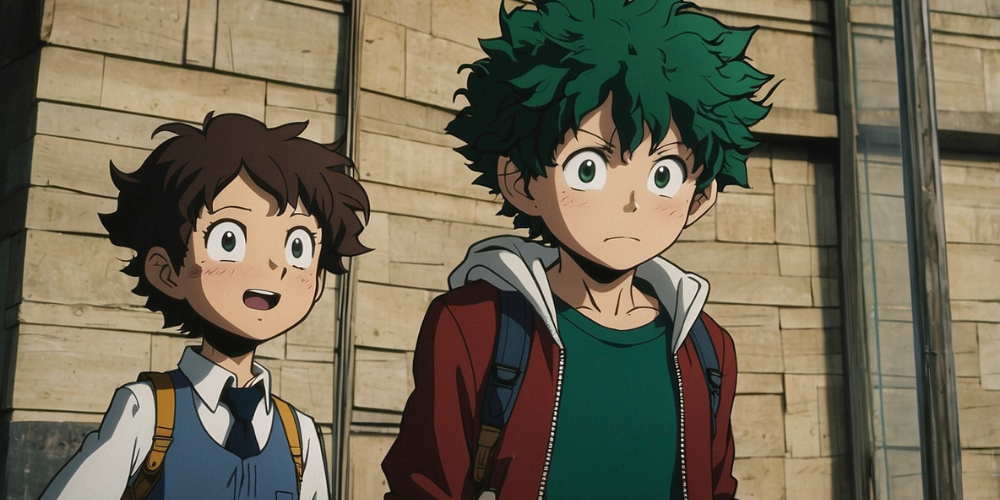
The anime community voiced their shock over the redesigned character. Fans who had closely followed Deku’s journey saw the new image as a betrayal to the character’s essence. Comments flooded in across platforms emphasizing feelings of bewilderment, but more profoundly, a sense of loss for what made Deku relatable and inspiring.
The Artistic Choices Behind the Redesign
What might have been meant as a straightforward censorship choice turned into a significant artistic misstep. Deku’s new expression, perceived to be emotionless and ghostly, failed to encapsulate the depths of his character. Without his familiar nuances, the design strips him of his hero qualities, leaving viewers disoriented.
The Importance of a Character's Emotional Representation
Characters tethered to their emotions resonate deeply with viewers. Deku embodies dreams, fears, and personal growth through visual storytelling. His original flamboyant expressions invite empathy and inspire others. The Arabic adaptation's decision to present him in an uncharacteristically cold manner may have inadvertently minimized his impact as a motivational figure.
Comparative Censorship Practices
While it is not unusual for international adaptations to alter content, the degree of change matters immensely. Other series have seen adjustments—whether it’s color changes for blood in certain shows or clothing alterations to comply with regional standards. Yet, those adjustments usually preserve the crux of the character. The Arabic version’s substantial modification sets a precedent that shocks fans.
Continuing the Legacy of My Hero Academia
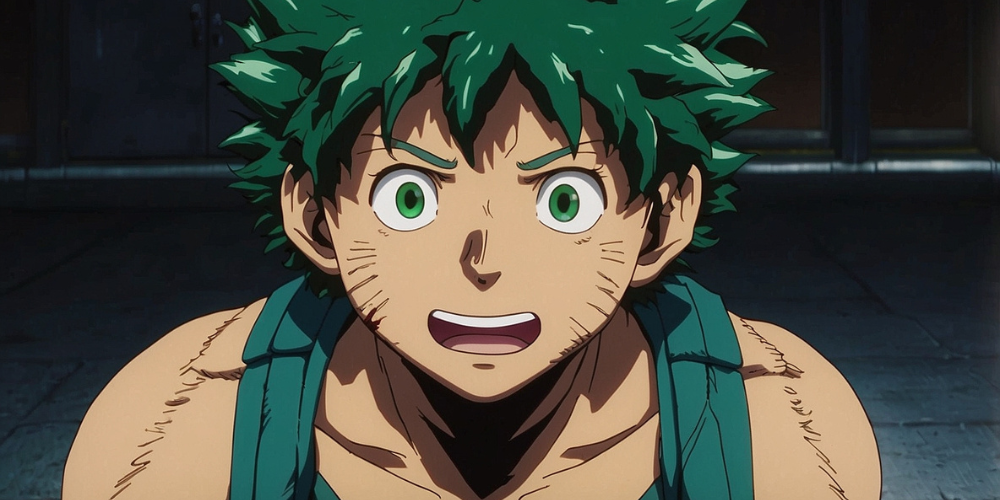
Despite the missteps in adaptation, the legacy of My Hero Academia remains untarnished. With the manga concluded in August 2024 and the anime continuing into its seventh season, audiences can still appreciate the excellence of the original series. The current season brings new heights of drama and stakes, including intense scenarios featuring beloved characters.
Deku's Future Beyond One for All
With the conclusion of the manga, Deku’s new path as a professor at UA highlights a progression—stepping from a student to a teacher. This shift in roles signifies a transition from personal development to mentoring the next generation. Fans eagerly await how this evolution will influence character interactions and the growth of new heroes.
The Ongoing Animation Journey
Despite the controversies around character redesigns, the anime continues to thrive on platforms like Crunchyroll. Viewers enjoy the vivacious world-building and engaging arcs of returning heroes. The anticipation surrounding episodes, paired with quality storytelling, promises an exciting experience for fans.
Importance of Representation in Character Design
Representation in media matters. For many viewers, characters like Deku embody hope and resilience. Consequently, any significant alterations can dim the connection between the audience and the character. It's essential to honor the original designs that resonate so strongly with fans around the globe.
The Future of Censorship in Anime Adaptations
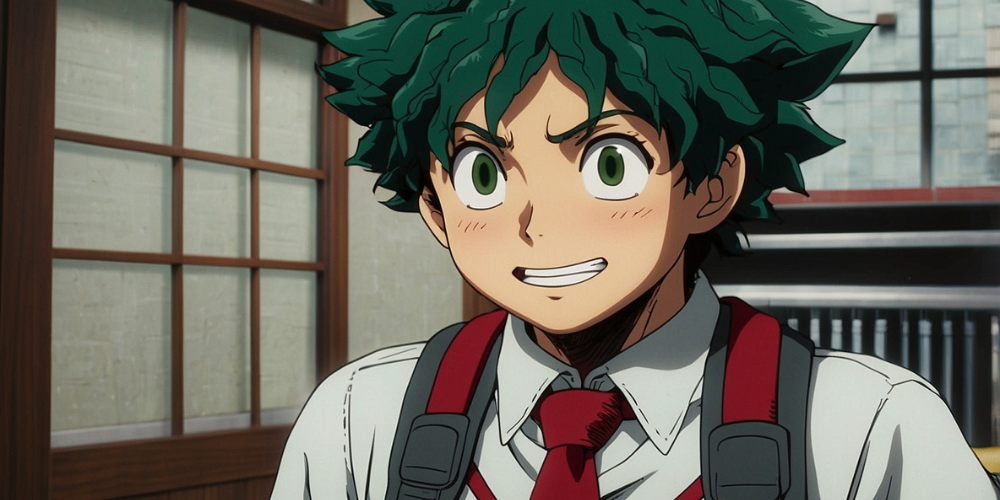
This incident raises pertinent questions regarding censorship practices in international adaptations. While local norms dictate specific changes, striking a balance that preserves the essence of characters is an ongoing challenge. The reception of Deku's redesign serves as a reminder of the fragile nature of creative expressions across cultures.
A Final Reflection on Deku's Character
Deku remains an enduring symbol of perseverance and bravery, no matter the version presented. His journey from zero to hero continues to inspire countless individuals globally. As the anime community navigates its love for characters through various adaptations, it becomes increasingly crucial to maintain their integrity for future generations to enjoy.
In conclusion, the Arabic censorship resulting in Deku’s unsettling new look may highlight ongoing challenges in character representation. While adaptations aim to resonate with different audiences, the importance of preserving both essence and emotional depth cannot be overstated. The saga of My Hero Academia and its protagonist continues to live on, championing moral values and personal growth in a world that desperately needs heroes.


